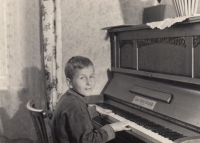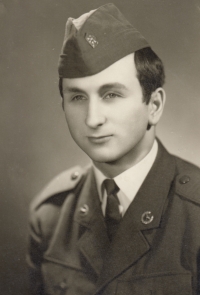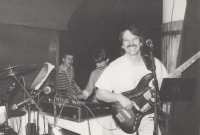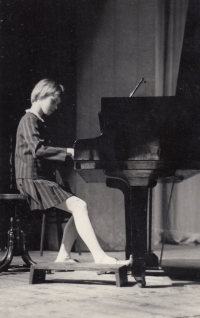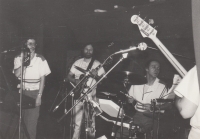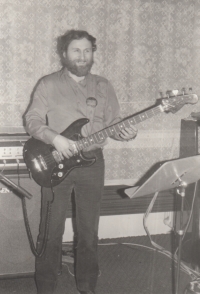The bruise from the baton was my only revolt against totalitarianism
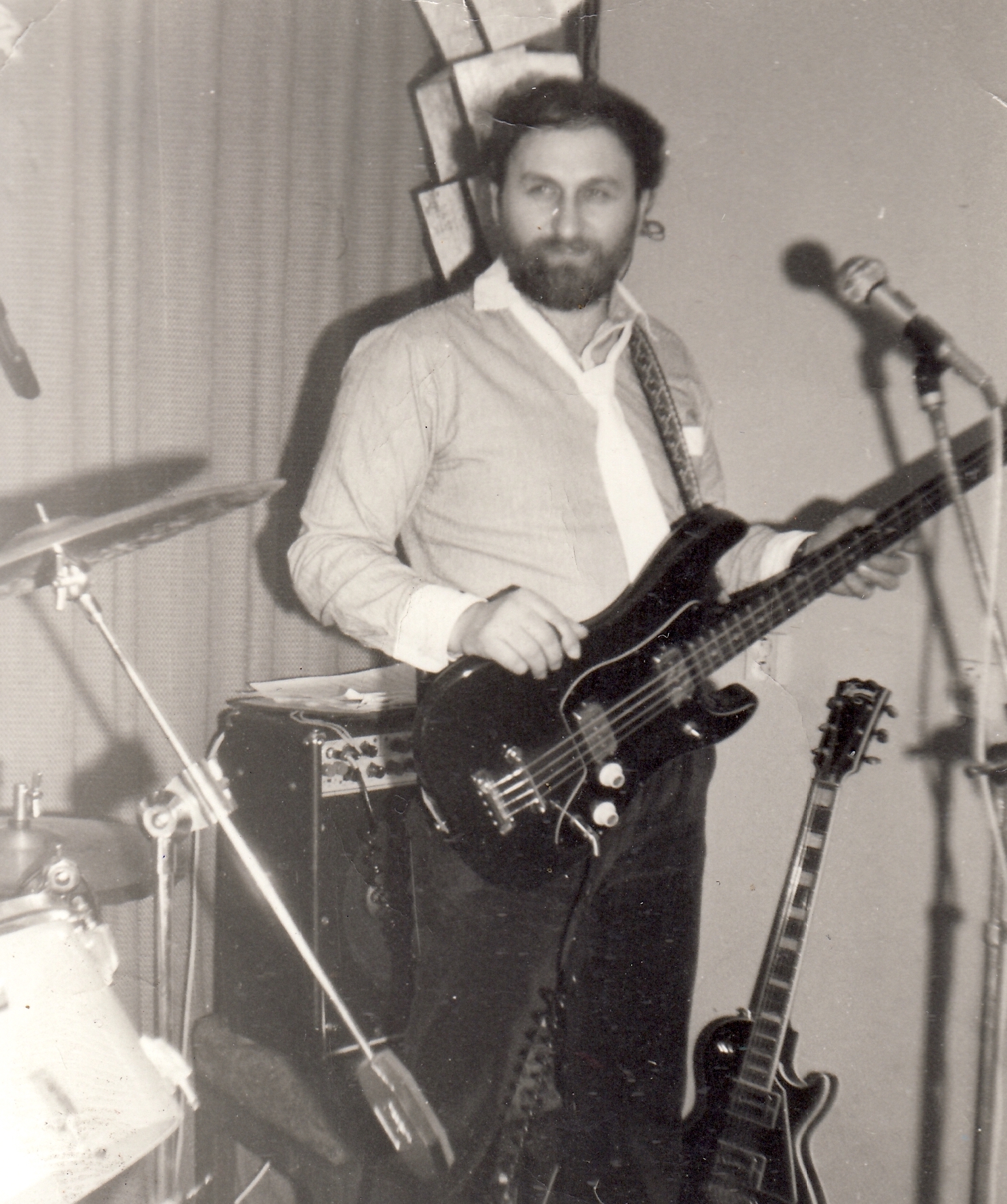
Download image
František Stůj was born on 7 February 1951 in Kraslice in Krušné hory. His parents, Karel and Anna Stůj, moved to the former Sudetenland from the interior after the Second World War and became employees of the later nationalised Amati company. His father had already been a member of the Kladno Philharmonic Orchestra in his hometown and continued to play the wind instrument in Kraslice. He attended the local school and during his studies he learned to play the accordion, which was later replaced by the guitar. In the sixties, he and local young men formed the big beat band Next Stars and he was also active in the bands Rébus or The Rascals or in a dance orchestra. In the late 1960s he trained as an electrician. After completing his military service, he studied at the Jaroslav Ježek Conservatory and after one year transferred to the State Conservatory in Pilsen. In 1978 he began teaching at the Folk Art School in Kraslice and six years later became its director. At the same time he accepted membership in the Communist Party of Czechoslovakia. In 1987 his older brother emigrated to Canada. Since the 1990s, he served several terms on the town council. He initiated the realization of the multipurpose hall of the Kraslice Elementary School. Among other things, he is the chairman of the Kraslice Entertainment Orchestra and a member of the board of directors of the Kraslice Railway Museum. At the time of filming, the witness lived there (March 2024).

